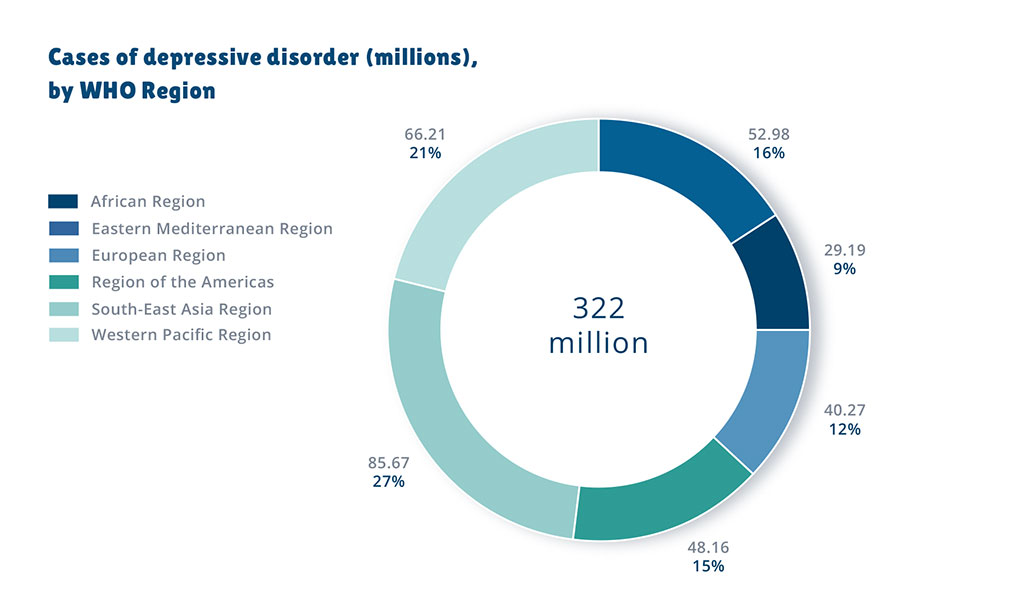There are many reasons why people with disabilities are at risk for depression. One reason is that they often face unique challenges and stresses which place them at increased risk for depression. Another reason is that depression can make the disability worse. For example, depression can make it more difficult to manage pain or other symptoms associated with the disability. Additionally, many people with disabilities experience traumatic stress due to the painful treatments received for their physical condition, as well as the social stigma and discrimination they may face. All of these factors contribute to the increased risk of depression in people with disabilities.
Why are People with Disabilities at Risk for Depression?
There are many potential reasons why people with disabilities may be at increased risk for developing depression. First, the physical limitations associated with a disability can make it difficult to engage in activities that bring enjoyment and a sense of accomplishment. This can lead to feelings of isolation and loneliness. In addition, chronic pain or fatigue associated with a disability can worsen mood and make it difficult to cope with the challenges of daily life. Finally, people with disabilities may face discrimination and prejudice from others, which can contribute to low self-esteem and feelings of worthlessness. All of these factors can increase the risk for developing depression.

Risk for Depression Rises
Risk for depression rises as physical disability leads to increased social isolation. In setting personal goals, older adults with physical/sensory disabilities have a 3.7-fold higher incidence of depression than the general population. Depression is considered a psychiatric disability under the Americans with Disabilities Act (ADA). It’s a significant mood disorder that’s known to interfere with daily activities, which may include your ability to work. Depression sometimes becomes so severe that you can no longer go to work or take care of yourself.

Psychological Problems of Disability
Psychological problems can be a significant barrier to success for students with disabilities. Many different psychological disorders can have a cognitive, emotional, and/or social impact on a student’s ability to function in an academic environment. Psychiatric disabilities cover a wide range of conditions, including eating disorders, post-traumatic stress disorder, anxiety disorders, and bipolar disorder. Of these, schizophrenia is by far the most disabling mental disorder, followed by dementia. Depression, OCD, and bipolar affective disorder also rank highly in terms of disability. Many people experience more than four stages of adjustment to a physical disability; in fact – people might experience as many as twelve stages that include: shock, anxiety, bargaining, denial, mourning, depression, withdrawal, internalized anger.

Depression and Disability Statistics
The prevalence of depression in adults with disabilities has been estimated at 24.9% to 41%, which is higher than the 22.8% to 27.5% observed in normal adults. Depression is the leading cause of disability in the United States for individuals ages 15-44 and two-thirds of people with diagnosable mental disorders suffer from depression.
Conclusion
In conclusion, people with disabilities are at risk for depression for a variety of reasons. They may have difficulty adjusting to their new life situation, face discrimination and social isolation, and have financial burdens. It is important to be aware of these risks and to provide support to those with disabilities.

